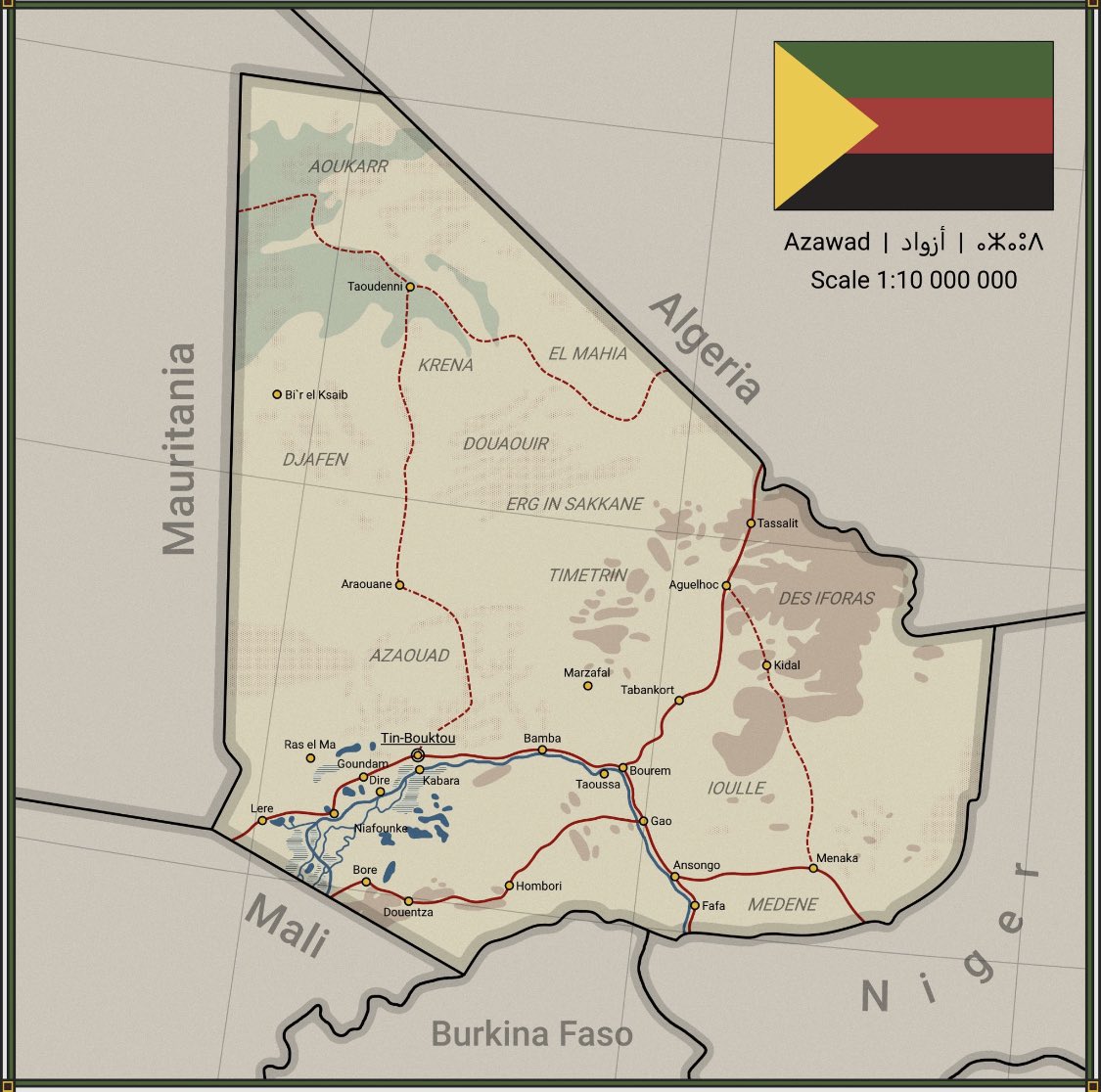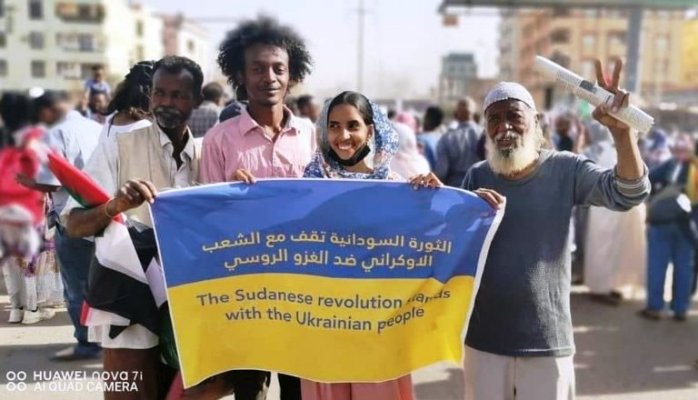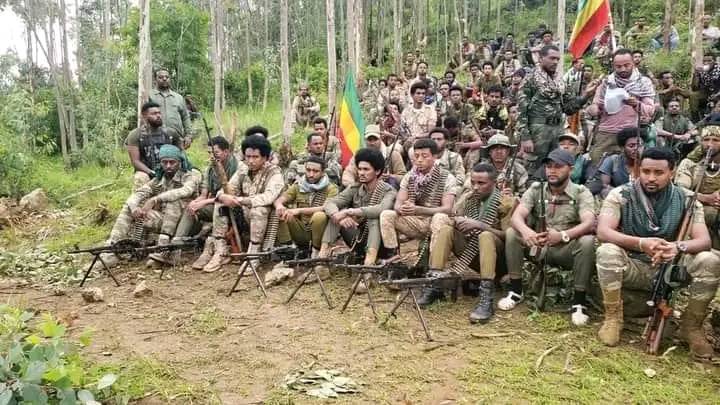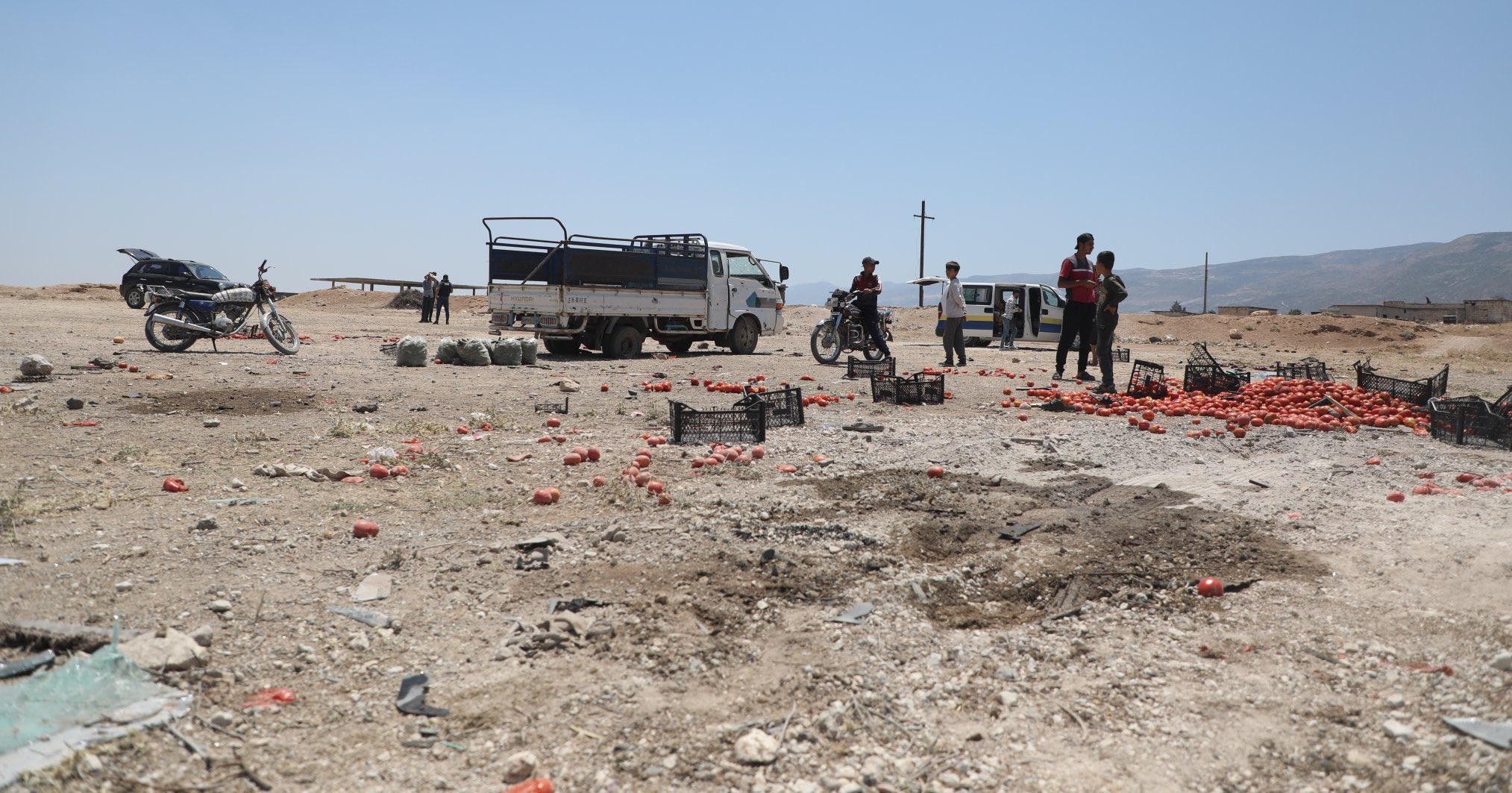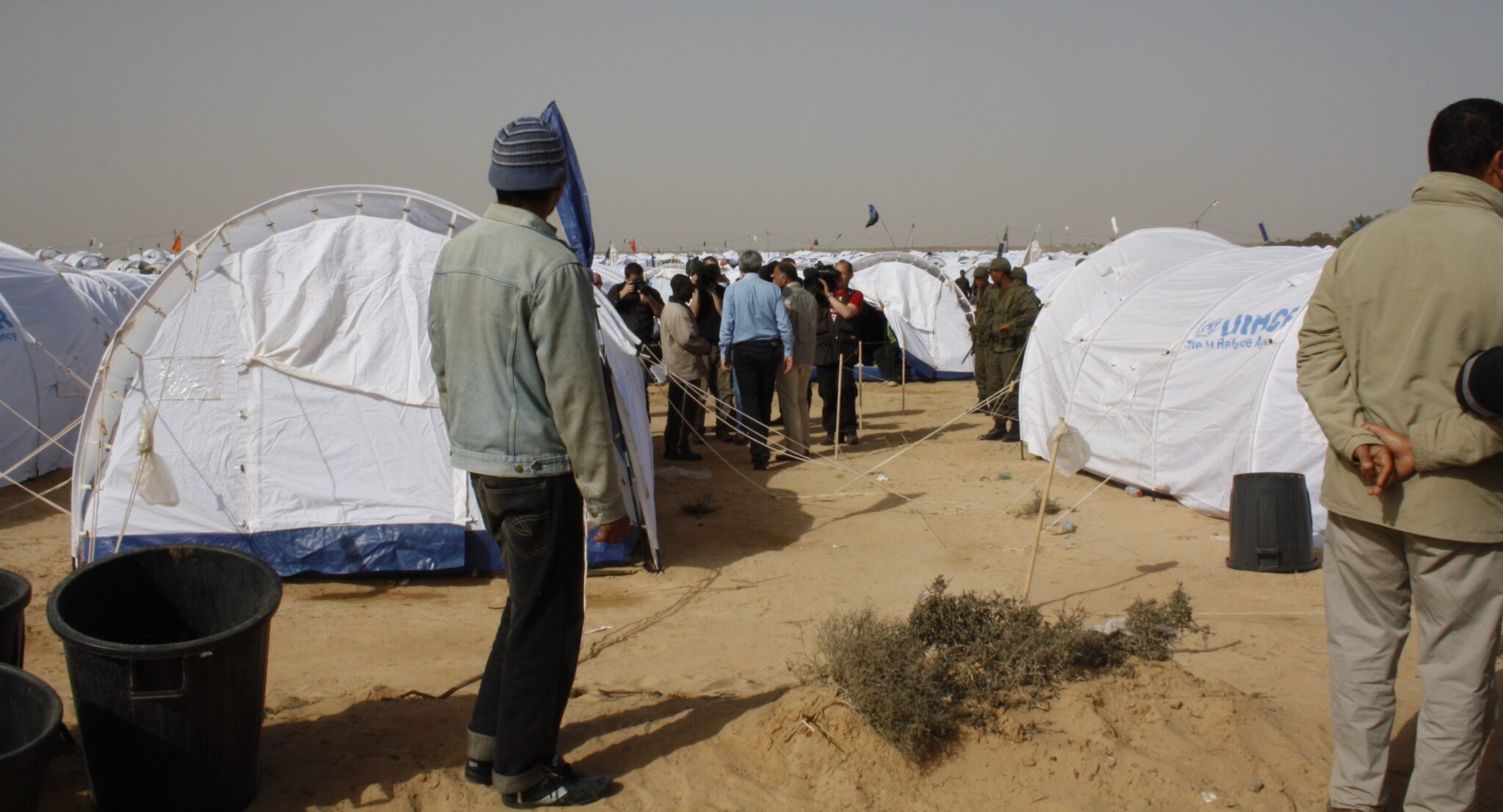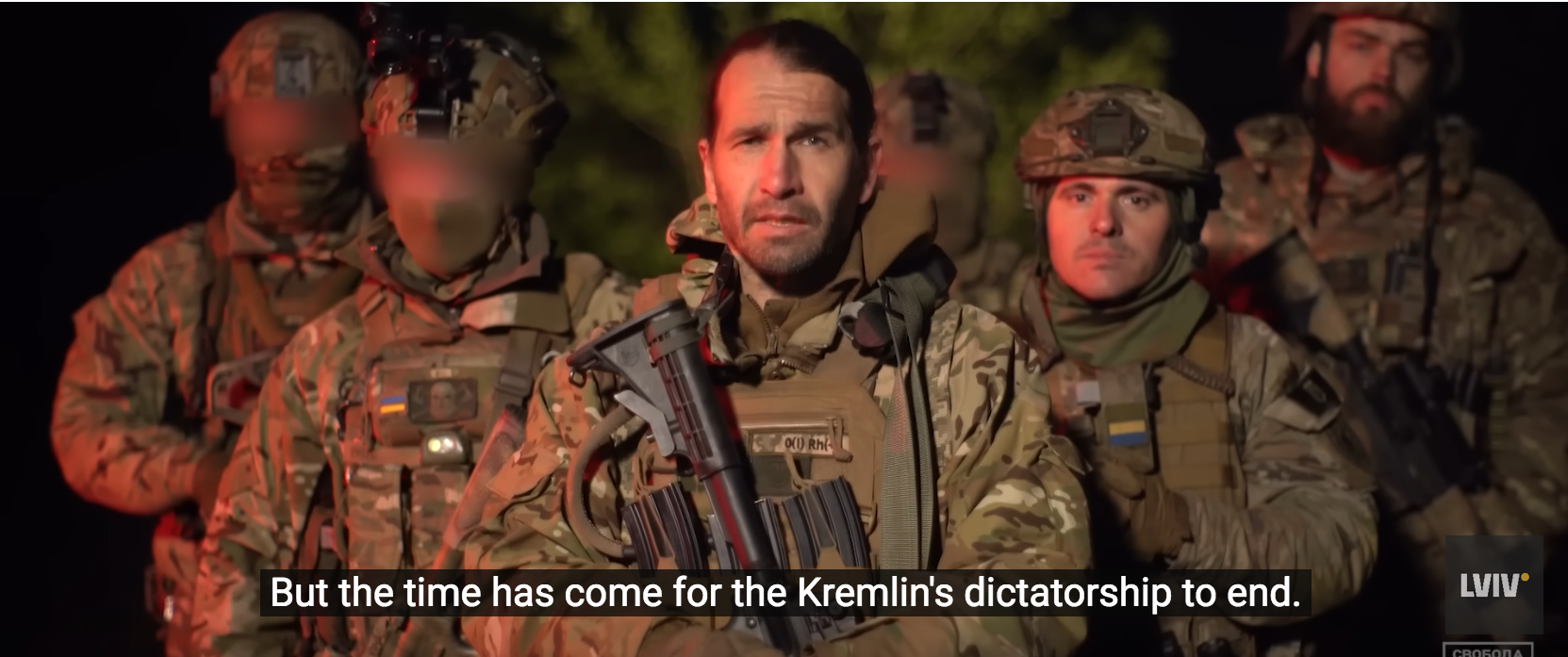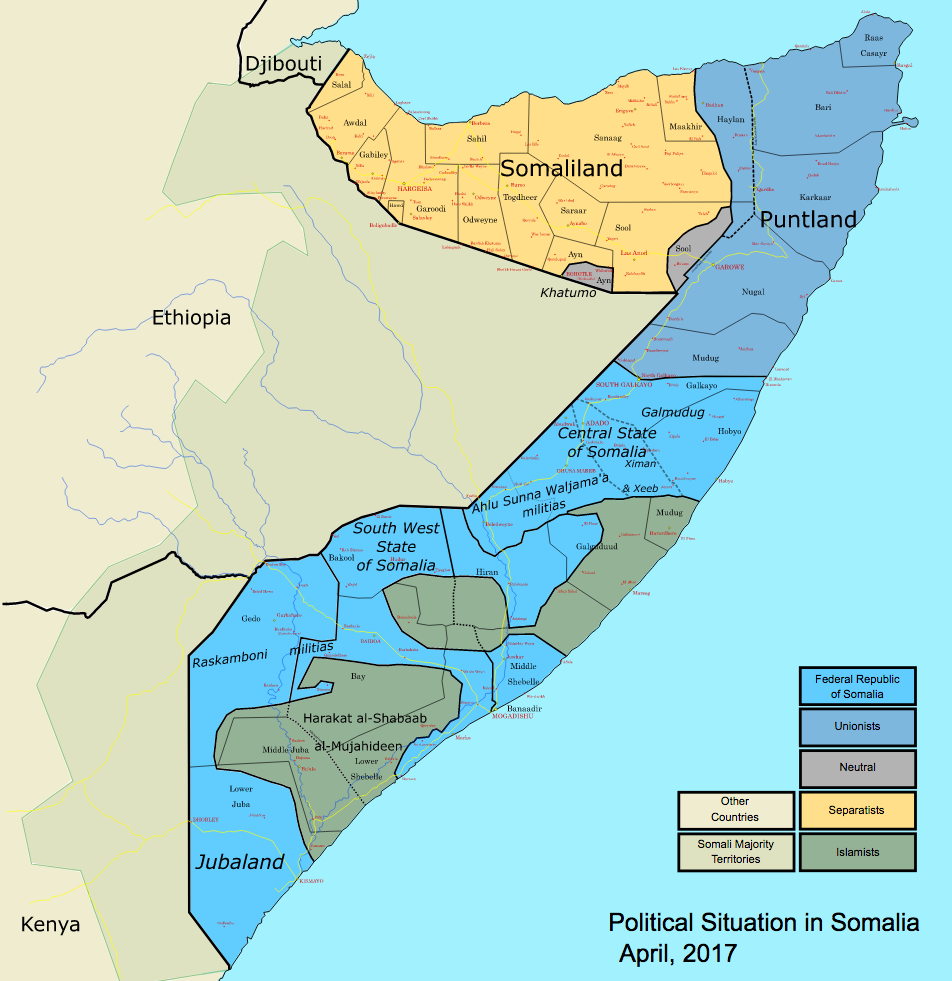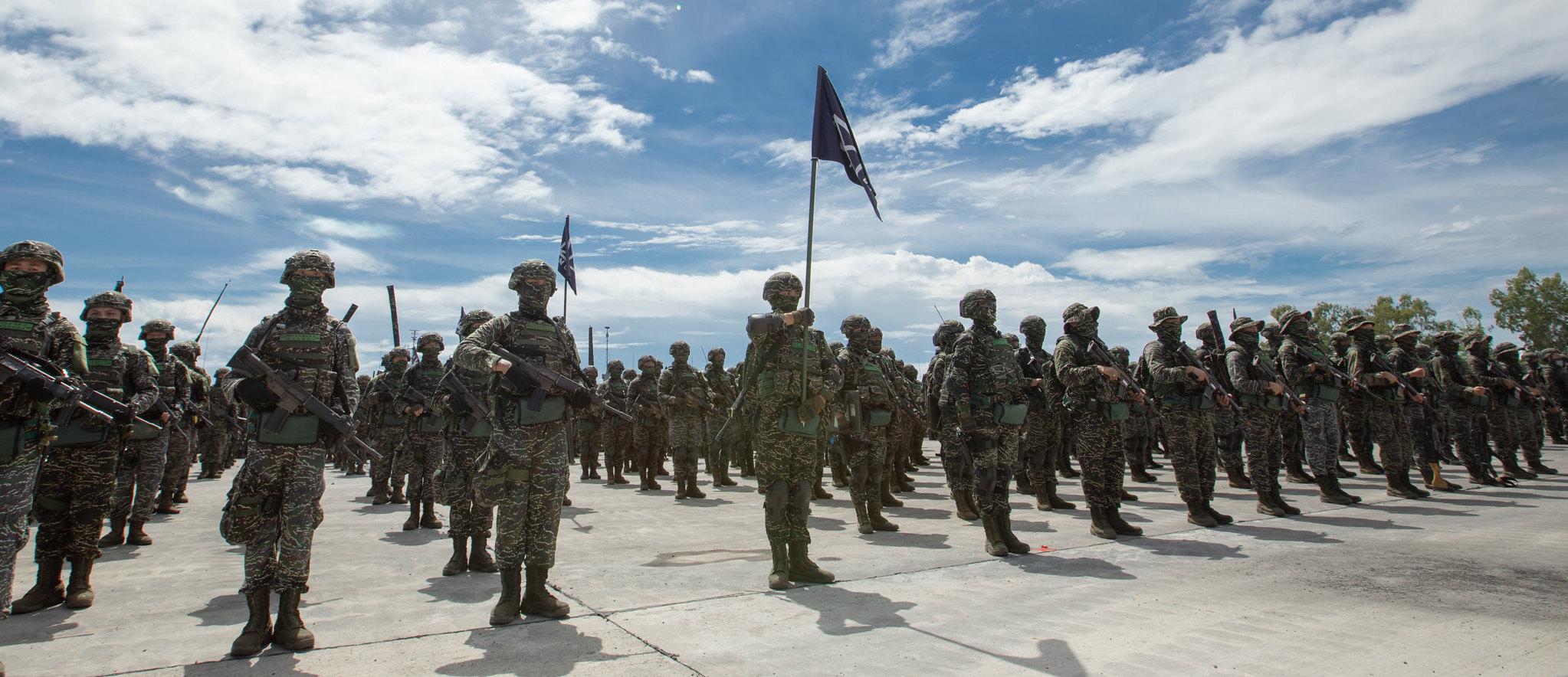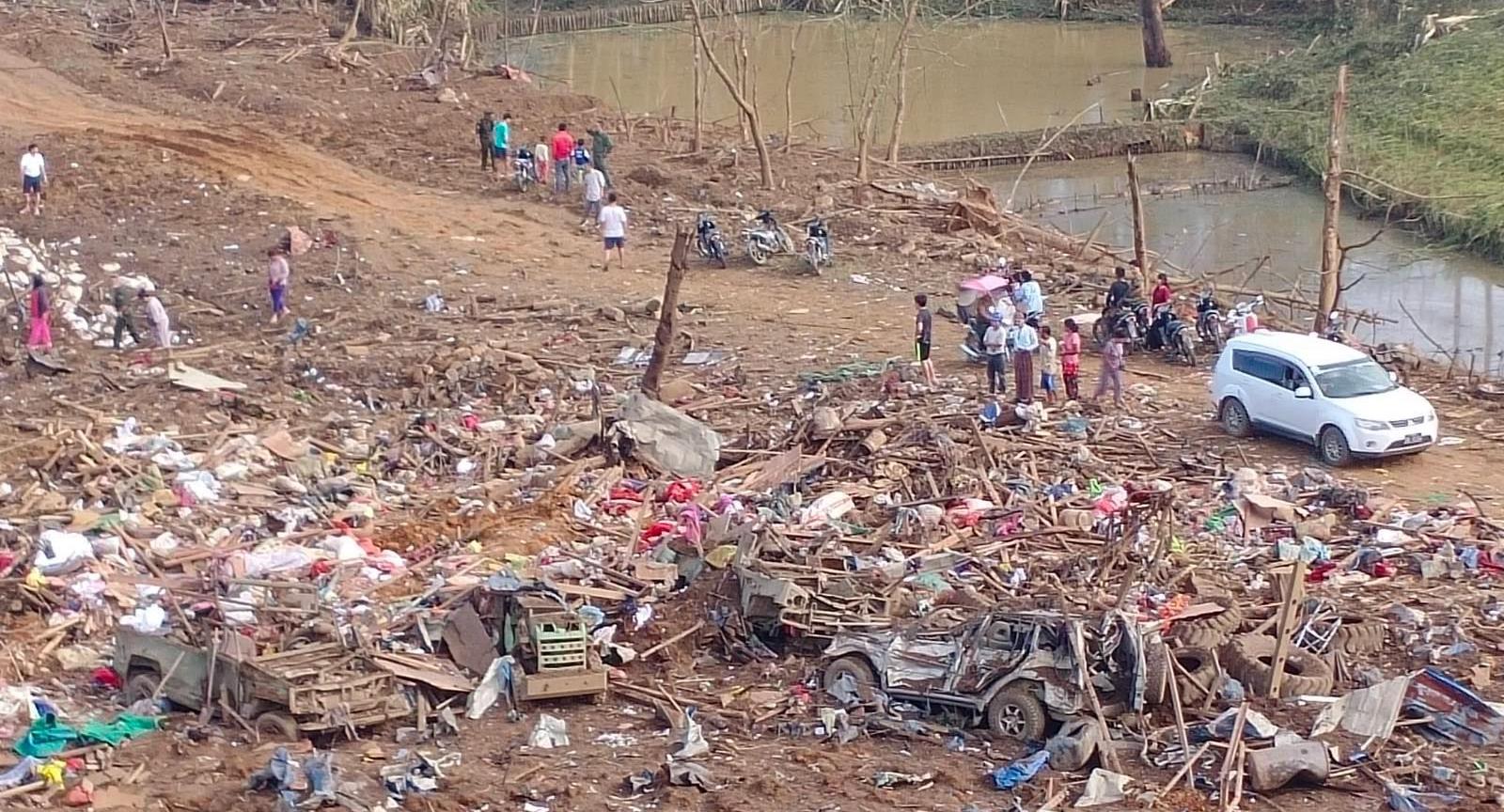
Burma: deadly junta drone strike on Kachin village
Nearly 30 internally displaced persons (IDPs) were killed in a Burmese junta drone strike on a village near the headquarters of the Kachin Independence Army (KIA), the parallel National Unity Government (NUG) reported. The attack, which killed several children, appeared to target an IDP camp where some 500 were sheltering in the village of Munglai Hkyet. The village lies just outside the town of Laiza, which is the capital of the KIA’s autonomous zone in remote Kachin state. The drone attack came almost exactly a year after regime warplanes carried out a deadly air-strike on a music festival in nearby Hpakant township, celebrating the 1960 founding of the Kachin Independence Organization. The KIA accused the junta of “genocidal act[s] of militarism towards our ethnic people.” (Photo: Myanmar Now)



